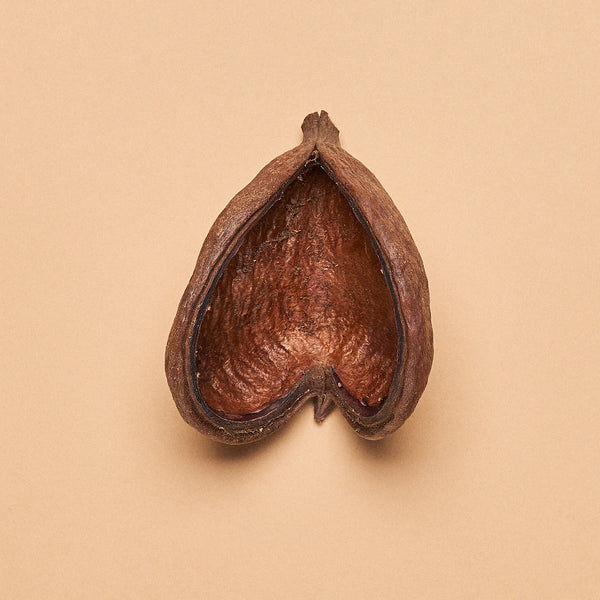- Continue Shopping
- Your Cart is Empty
"Helix Pods"
Sold Out
"Helix Pods" have a cool curved form and a smooth, woody appearance and texture. The fruit of Caesalpinia pulcherrima, widely distributed throughout the tropics, these distinctive pods make great little foraging areas for characins, catfishes, shrimp, dwarf cichlids, catfish, and even some killies.
Just like with our other pods, these are perfect to help cover open substrate and supplement leaf litter to simulate the materials which accumulate in tropical streams and flooded forests.
"Helix Pods" average about 3.5"-4.5"(8.89-11.43cm) in length, with a width of about 1"(2.54cm), so they fit into modest spaces, too.
PREPARATION: You'll need to boil them for at least 15 minutes (sometimes a bit more) to waterlog them, because they do float when first immersed.
ORIGIN: Africa
#helixpods
NOTE: These are a natural product, and display variation in color, size, and texture. Each pod is unique! The photo serves as a reasonable representation of what to expect.
All of our aquatic botanicals are intended for ornamental aquarium or terrarium use only. Please use common sense and take the time to boil or soak all botanicals prior to using them, to reduce the possibility of problems. Always go slow when introducing any botanicals into your systems, so you can judge the effect they have on your fishes and plants. They are not intended for human consumption. DO NOT INGEST!
NOT FOR HUMAN CONSUMPTION
SEE OUR SHIPPING AND HANDLING PAGE FOR OUR SHIPPING POLICIES



Related Items
Sterculia Pod
Sold Out - $ 16.00
The beautiful fruit, or "follicle", as botanists call it) of the jungle tree Sterculia foetida are among our favorite botanicals! Also known locally in Southeast Asia as the "Java Olive." They are carefully collected as...
Cariniana Pod
Sold Out - $ 22.00
A true "gift from the jungle", the Cariniana Pod comes to us from the Cariniana legalis tree from South America. Interestingly, these are some of Brazil's oldest trees, with some...
Live Oak Leaf Litter (Approx 1.5oz/42.52g Package)
Sold Out - $ 5.00
The beautiful leaves of the Live Oak, Quercus sp. are a real gem for the botanical-style aquarium enthusiast/aquascaper! Not only are they small (typically the largest specimens are less than 3.5"/8.89cm;...


















